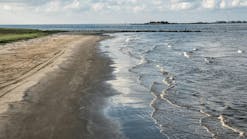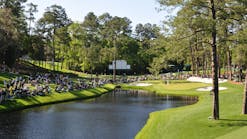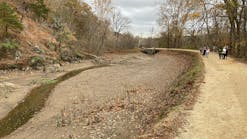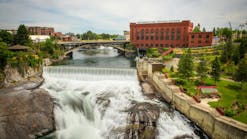A new study by University of North Carolina Institute of Marine Sciences researchers, which was published in Ecological Engineering and Science of the Total Environment, found that storm water ponds add nitrogen to the water during the summertime. The team of researchers found that ponds were increasing usable forms of nitrogen during the summertime and that older ponds had higher rates of nitrogen fixation, according to the Costal Review.
The group measured nitrogen cycling in storm water ponds located in the Marine Corps Base Camp Lejeune in Jacksonville, N.C. To do so, they collected water and sediment samples from the storm water ponds, which they returned to their lab to monitor the nitrogen as it interacted with the sediment and water. They measured changes occuring in dissolved nitrogen gas concentrations during different seasons and from varying sizes of ponds.
The researchers Professor of Marine Sciences Michael Piehler, Doctoral Student Adam Gold and, Research Specialist Suzanne Thompson were surprised by the results of their study. The study’s findings have the potential to alter storm water management practices and landscaping in the coastal Southeast.
“Storm water wet ponds are an example of a management structure whose function we assumed we understood,” Piehler said. “This certainly was not the case with regards to nitrogen processing.”






